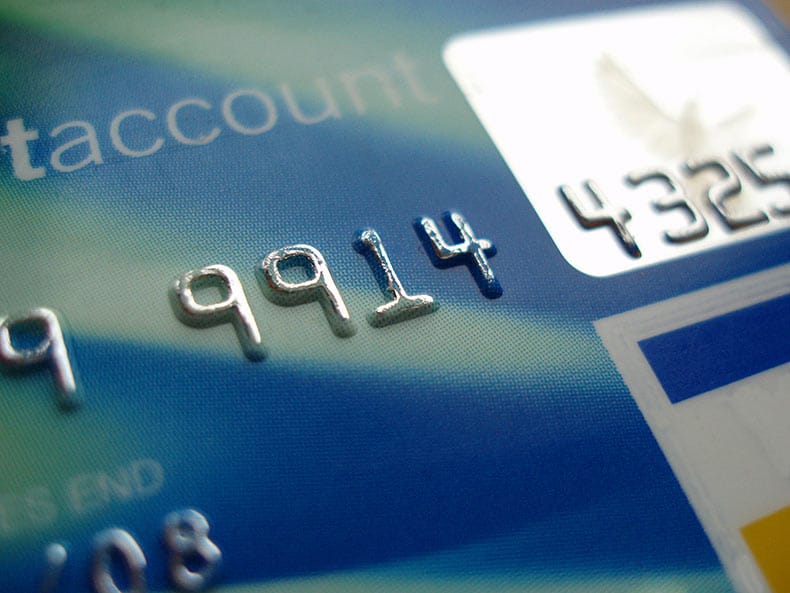
Whether you’re a solopreneur, a contractor or the self-employed leader of a small team, there can be numerous benefits to obtaining a credit card in your business name. Apart from providing you with a boost of available funds at times when cashflow is tight, a credit card can also help you to build up credit for your business and show that you’re a responsible manager of money.
In addition, credit cards for businesses can come with added rewards and perks, such as frequent flyer points, cash back, goods-for-redemption and the like; and provide an easier way to keep track of your finances when it’s time to complete your tax return or other annual financial reports.
However, with so many excellent business credit cards on the market, it can be a bit overwhelming to decide which option will suit your needs the best. Do you look for a card that has a zero annual fee or the maximum number of interest-free days? Do you choose one that provides great rewards for all the purchases you use it for, or one that provides perks like free concierge services or lounge access at the airport?
The answer is: it all comes down to you and your business, since there’s no one best fit everyone. If you’re keen to apply for a credit card soon but need some help working out what will be your best option, read on for some ideas on what to consider when you’re comparing cards.
Examine How You Would Use the Card
To determine which credit card will be best for your business, you need to think about how you would use it. For starters, look at your company’s spending habits. If your business has been trading for a while, examine your financial data over the past few years to see patterns emerge.
Do you tend to have regular charges each month, or do your bills come in ebbs and flows (such as a big expense for new stock at a particular time of year)? Do you want to use the credit card for small office expenses that you pay off each month, or is it mostly for covering large bills that are charged infrequently, and that you will need time to pay?
Looking at these types of questions will help you determine if you need a card with a low interest rate, as you’d be carrying a balance for a while. If this is the case, you’ll need to look for the lowest possible interest rate you can find, with the longest interest-free period available. Alternatively, consider getting a business loan instead, as this may work out better financially.
If, on the other hand, you’ll be able to pay off any accrued charges each month, you can be more flexible. You might want to opt for a card that has a low annual fee, or generous rewards, such as cash back or points accrual.
Be Clear on Your Goals
It also pays to be clear about your goals in getting the card. For example, perhaps your goal is to use a credit card to pay your monthly bills so that you can earn lots of reward points, and use these for your business trips. If that’s the case, you’ll want to choose the card that offers the best rewards. When you examine these types of cards, look at the types of rewards they provide and do some calculations, if possible, on your likely spending for the year.
While you may think that a travel-based reward card that you can earn frequent flyer miles or hotel points on is best, when compared with what you may earn back on a cash-back card, the value may be less. It all depends on how much you’re likely to spend each year and the different rewards available.
As well, if travel or other reward-based perks are your goal, keep an eye out for offers where you can earn thousands of bonus points just for signing up for a particular card. This can be a big help in getting enough points for that flight or hotel stay you’re after.
On the other hand, if you want to free up some business cashflow and give yourself more time to pay off bills, then a card with an extended interest-free period would probably be best. You would likely also be wise to choose a card with a zero or very low-cost annual fee to incur fewer costs too.
Do Your Research
No matter what your goals and spending habits, spend some time researching the many different types of cards on the market and closely compare interest rates, fees and rewards. One of the online card comparison websites can be a helpful place to start. As well, don’t forget to read the fine print, as there can be extra details or even some restrictions listed that you need to know about.








